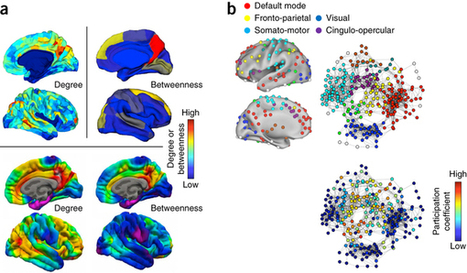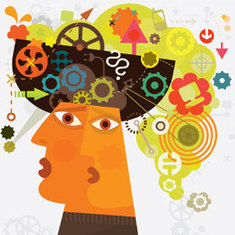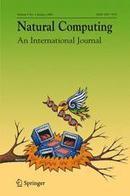The confluence of new approaches in recording patterns of brain connectivity and quantitative analytic tools from network science has opened new avenues toward understanding the organization and function of brain networks. Descriptive network models of brain structural and functional connectivity have made several important contributions; for example, in the mapping of putative network hubs and network communities. Building on the importance of anatomical and functional interactions, network models have provided insight into the basic structures and mechanisms that enable integrative neural processes. Network models have also been instrumental in understanding the role of structural brain networks in generating spatially and temporally organized brain activity. Despite these contributions, network models are subject to limitations in methodology and interpretation, and they face many challenges as brain connectivity data sets continue to increase in detail and complexity.
Contributions and challenges for network models in cognitive neuroscience
• Olaf Sporns
Nature Neuroscience (2014) http://dx.doi.org/10.1038/nn.3690



 Your new post is loading...
Your new post is loading...












